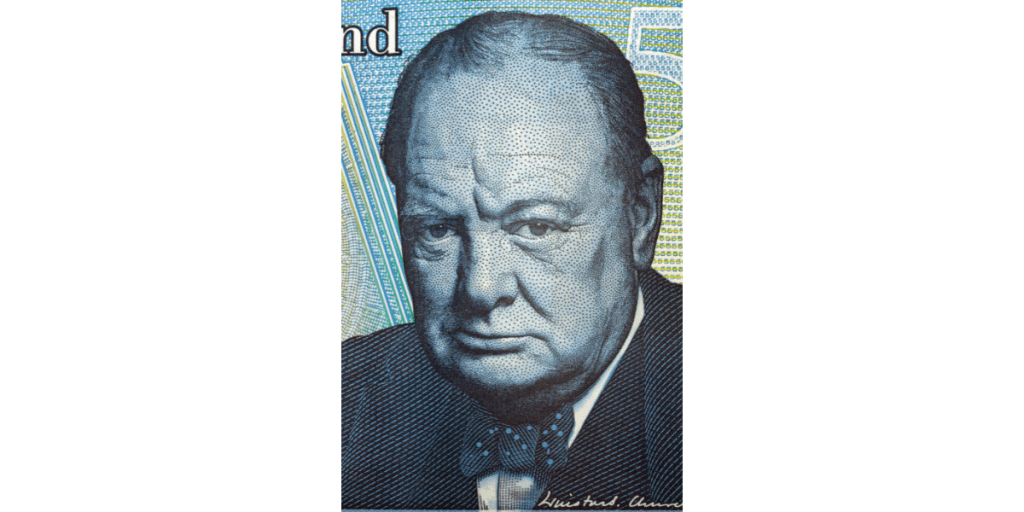Winston Churchill was a British statesman, politician, and Prime Minister of the United Kingdom from 1940 to 1945 and again from 1951 to 1955. He is widely regarded as one of the greatest wartime leaders of the 20th century, and his leadership skills played a crucial role in the victory of the Allied Powers in World War II. In this blog post, we will explore Churchill’s top leadership skills and how they contributed to his success.

Vision
One of the most important leadership skills that Churchill possessed was vision. He had a clear idea of what he wanted to achieve, which was to defeat Nazi Germany and preserve the freedom of the British Empire. He was able to communicate this vision effectively to the British people and the world, which inspired them to support him in his struggle against Hitler. Churchill’s vision was not just about military victory; it was also about creating a new world order based on democracy, human rights, and international cooperation.
Strategic thinking
Another important leadership skill that Churchill possessed was strategic thinking. He was a master of military strategy and was able to outmaneuver his enemies on the battlefield. He was known to be a great tactician, and he would often surprise his enemies with his tactics. For example, in the Battle of Britain, he used the Royal Air Force to defeat the German Luftwaffe, which prevented a German invasion of Britain. Churchill’s strategic thinking allowed him to win battles and eventually the war.
Courage
Churchill was a fearless leader who led from the front. He was always willing to take risks and was not afraid of facing his enemies in battle. He was known to be a man of great physical and moral courage, and he would often visit the front lines of battle to boost the morale of his troops. His courage inspired the British people and the Allied Powers to follow him into battle, even when the odds were against them.
Communication
Churchill was an excellent communicator who could connect with his people and inspire them to give their best. He was able to articulate his ideas clearly, which helped his people to understand his vision and goals. He was also known to be a great orator, and his speeches would inspire the British people and the Allied Powers to fight for their freedom. His communication skills helped him to build a strong bond with his people and the Allied Powers.
Decisiveness
Churchill was a decisive leader who was not afraid of making tough decisions. He knew how to weigh the risks and benefits of different options and was able to make quick decisions, which helped him to stay ahead of his enemies. For example, when he became Prime Minister in 1940, he made the tough decision to continue fighting Nazi Germany, even though the odds were against Britain. This decision was not popular with many of his colleagues, but it was the right one, and it eventually led to the victory of the Allied Powers in World War II.
Resilience
Another important leadership skill that Churchill possessed was resilience. He understood that setbacks and failures were part of the journey to victory, and he was able to bounce back from them. For example, after the defeat of British troops in the Battle of Dunkirk in 1940, he gave his famous “We shall fight on the beaches” speech, which rallied the British people and boosted their morale. His resilience inspired the British people and the Allied Powers to persevere and eventually win the war.
Humor
Finally, Churchill was a leader who had a great sense of humor. He understood the power of laughter and was known to use humor to defuse tense situations and boost morale. His sense of humor helped him to connect with his people and create a positive atmosphere, even during the darkest days of the war
Winston Churchill was a remarkable leader, possessing a rare blend of vision, strategy, courage, communication, decisiveness, resilience, and humor. He guided Britain and the Allies to victory in World War II and facilitated the establishment of a new world order grounded in democracy, human rights, and international cooperation. Churchill’s wartime leadership continues to inspire leaders worldwide to exhibit vision, courage, and resilience in the face of adversity. His leadership exemplifies the qualities that all leaders should strive to embody to make a positive impact on the world.









